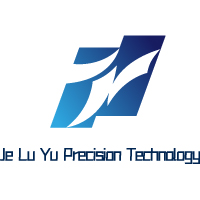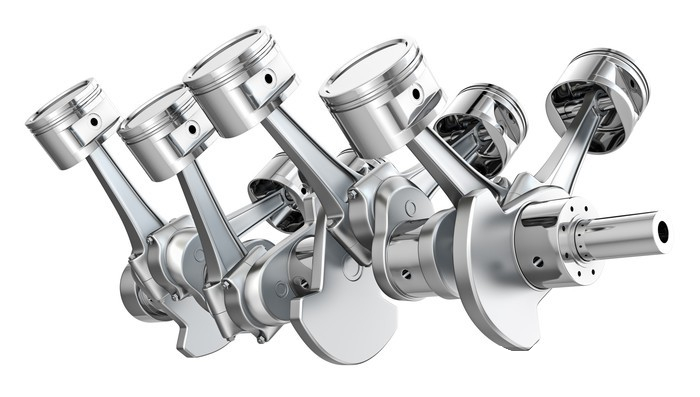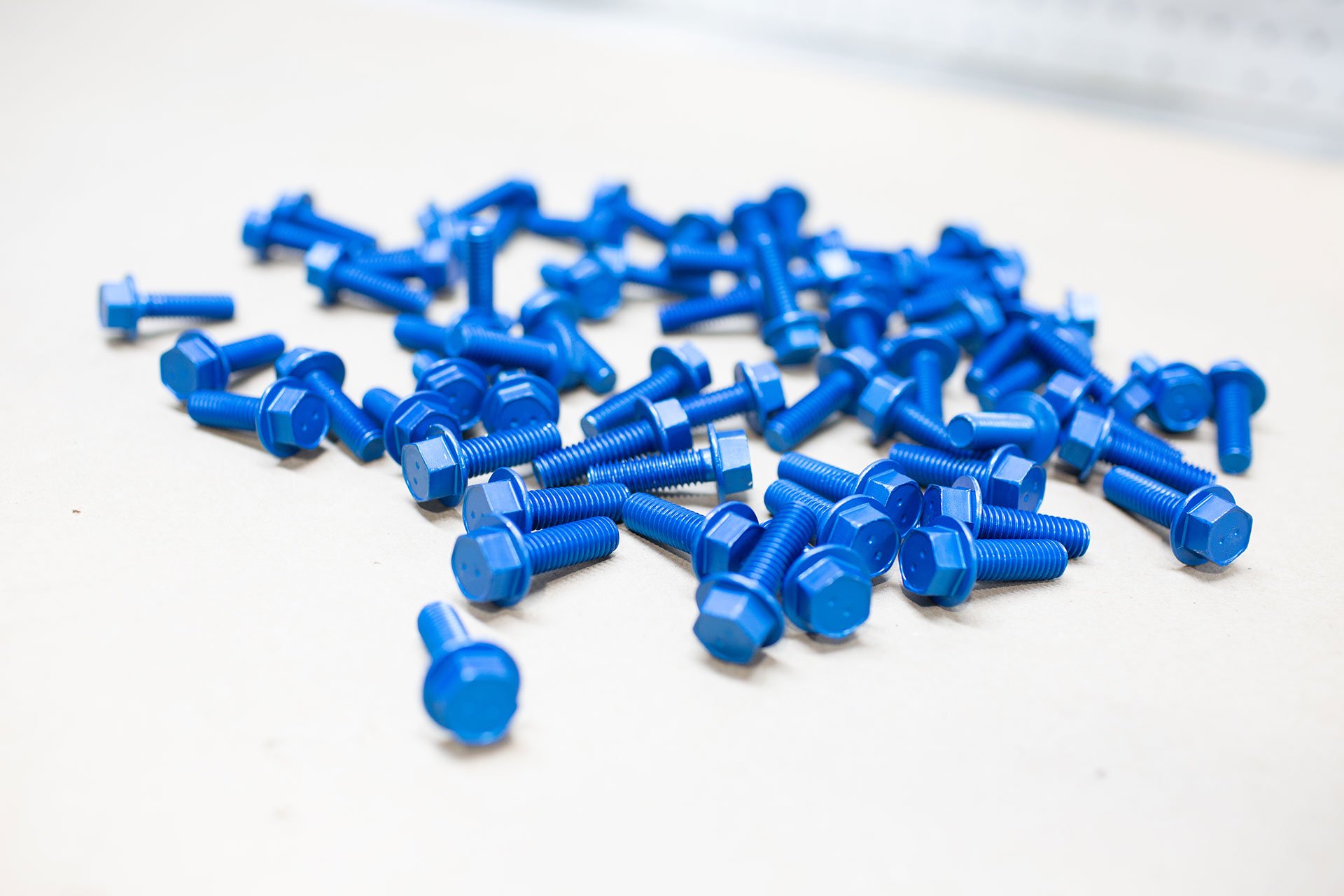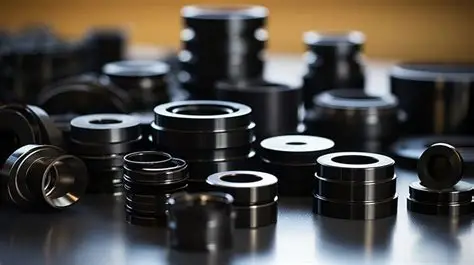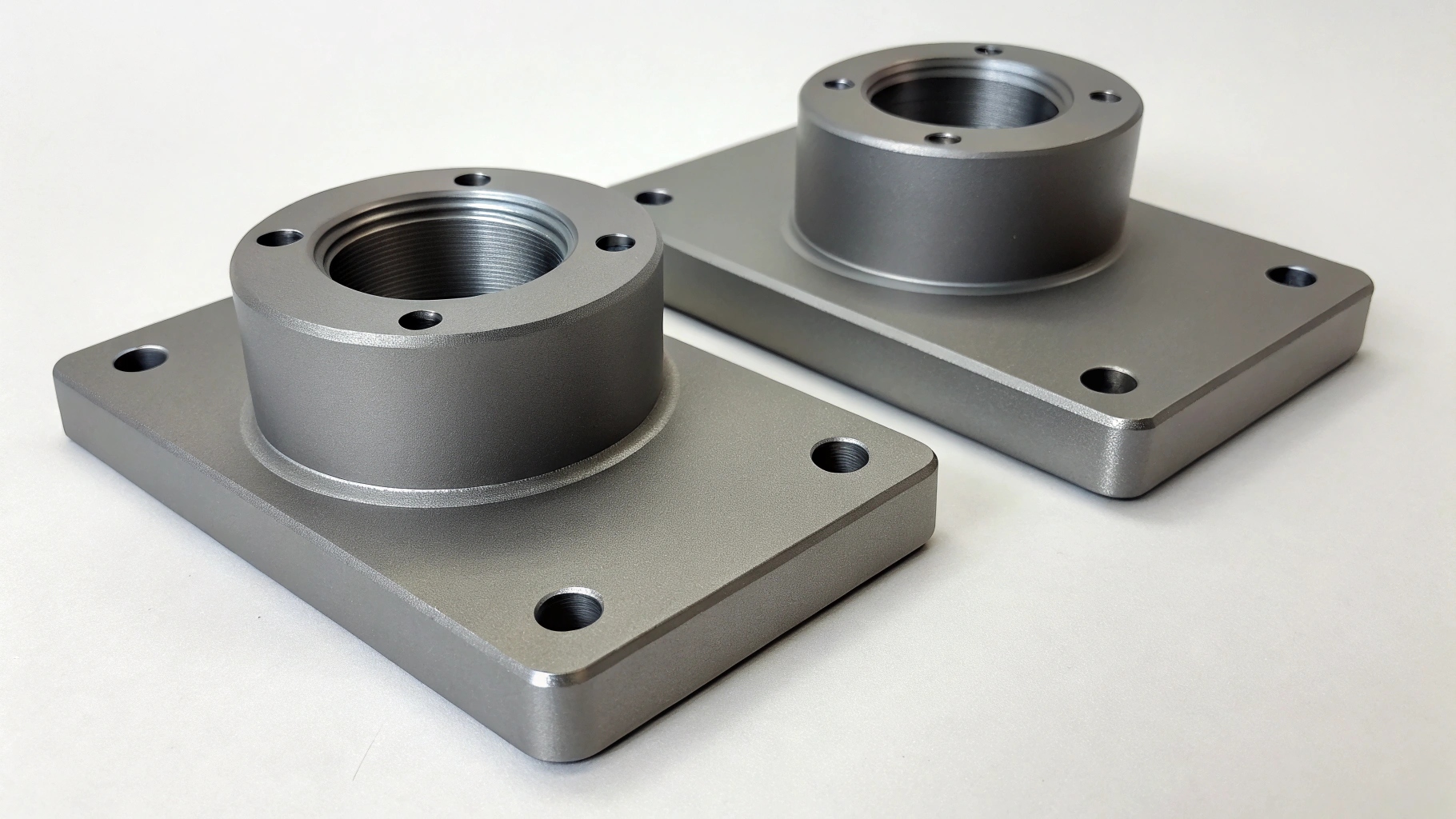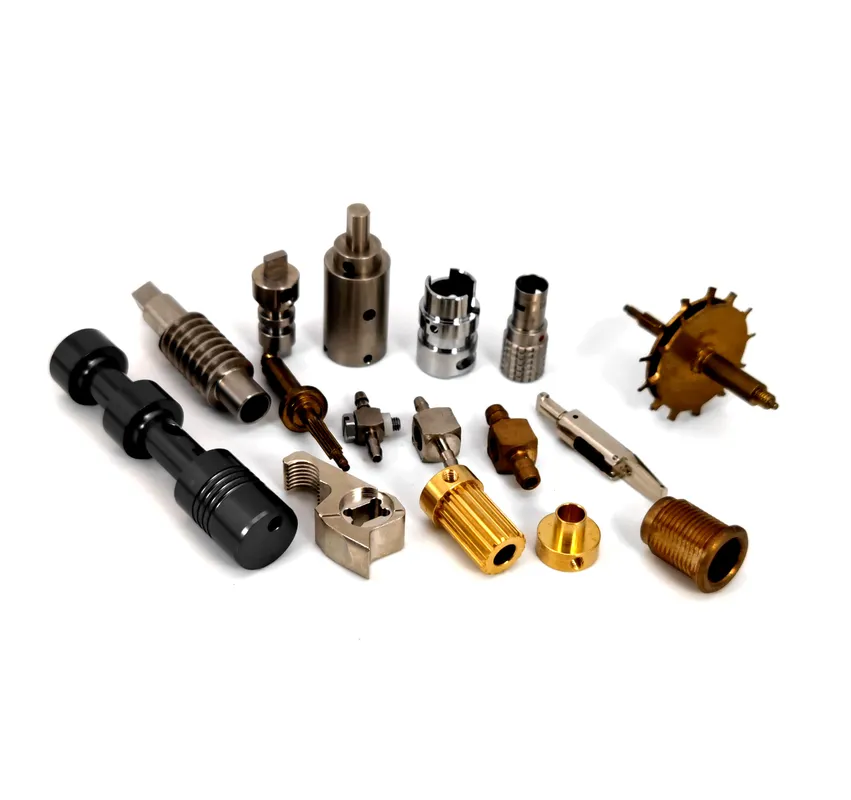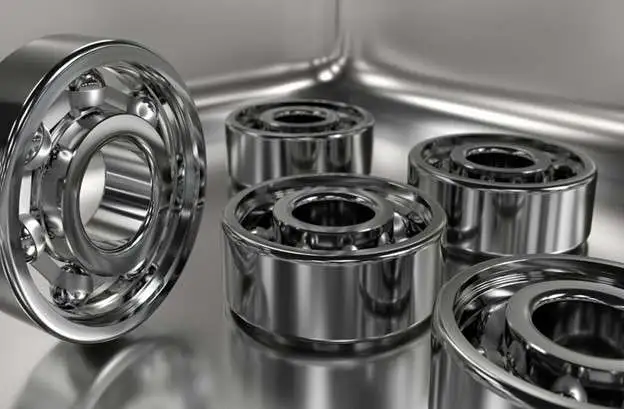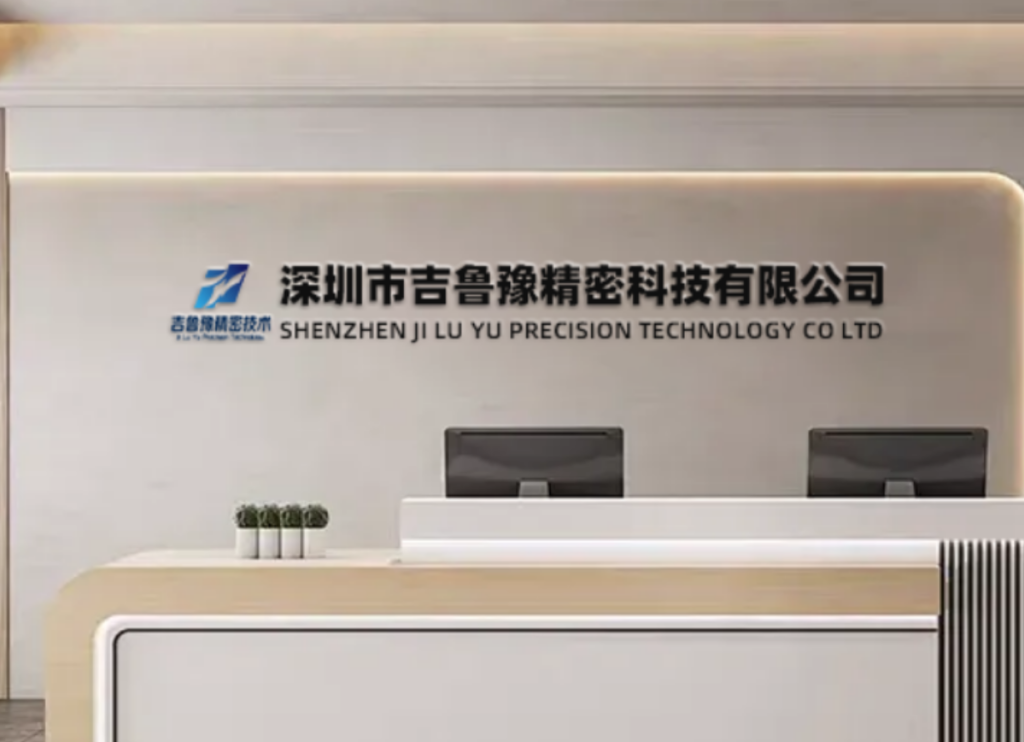Bespoke Parts for Luxury Automotive: Precision CNC Machining for Exclusive Vehicles
In the world of luxury automotive, every component must embody perfection—this is where precision CNC machining transforms exceptional engineering into automotive art.
The luxury automotive industry represents the pinnacle of engineering excellence, where performance, aesthetics, and exclusivity converge. At the heart of creating these exceptional vehicles lies precision CNC machining, a manufacturing process that has revolutionized how bespoke parts for luxury automotive applications are produced. For discerning manufacturers and restoration specialists, CNC technology provides the unparalleled accuracy, repeatability, and material capabilities required to meet the exacting standards of high-end automotive applications.
Computer Numerical Control (CNC) machining refers to the computerized manufacturing process where pre-programmed software controls the movement of factory tools and machinery. This technology enables the production of complex automotive components with tolerances measured in microns, ensuring perfect fitment, optimal performance, and superior quality in every custom part.
The Critical Role of CNC Machining in Luxury Automotive Manufacturing
The luxury automotive sector presents unique challenges that separate it from mass-market vehicle production. Where standard automotive components may prioritize cost-effectiveness and volume production, luxury automotive components must achieve:
-
Exceptional Performance Characteristics: Parts must withstand extreme operating conditions while delivering flawless performance
-
Exquisite Aesthetics: Visible components require perfect finishes, often incorporating complex designs and premium materials
-
Precision Engineering: Components must meet tolerances that exceed standard automotive specifications
-
Material Excellence: Utilization of premium, often exotic materials that provide superior performance and durability
CNC machining meets these demanding requirements through advanced manufacturing capabilities that include multi-axis machining, which allows for the creation of complex geometries impossible with conventional manufacturing methods. The technology enables luxury automotive manufacturers to produce everything from custom engine components to intricate interior elements with uncompromising precision.
Why Precision Matters in Luxury Automotive Applications
In high-performance luxury vehicles, the margin for error is virtually nonexistent. Precision manufacturing directly impacts:
-
Engine Performance: Components such as custom pistons, cylinder heads, and valve trains require exact dimensions to optimize combustion, reduce friction, and maximize power output
-
Aerodynamic Efficiency: Body components must fit with seam-line precision to minimize wind resistance and noise
-
Structural Integrity: Chassis and suspension components demand exact tolerances to maintain vehicle dynamics and safety
-
Tactile Experience: Interior components require perfect surfaces and precise operation to meet customer expectations for quality
The repeatability of CNC machining ensures that every component, whether for a limited-production hypercar or a restoration project for a classic luxury vehicle, matches original specifications exactly. This capability is particularly valuable for low-volume production runs where traditional manufacturing methods would be prohibitively expensive or technically incapable.
Key Luxury Automotive Components Produced Through CNC Machining
Virtually every system in a luxury vehicle can benefit from custom CNC-machined components. The following table outlines critical automotive parts manufactured using advanced CNC processes.
Table 1: Critical Luxury Automotive Components and CNC Applications
| Component Category | Specific Examples | Typical Materials | CNC Processes Used | Tolerance Requirements |
|---|---|---|---|---|
| Engine & Performance | Custom pistons, titanium valves, CNC-ported cylinder heads, turbocharger housings | Aerospace-grade aluminum, titanium alloys, high-strength steel | 5-axis milling, precision turning, deep hole drilling | ±0.005mm for critical engine components |
| Suspension & Chassis | Custom control arms, lightweight knuckles, adjustable suspension mounts | 7075 aluminum, chromoly steel, magnesium alloys | Multi-axis milling, CNC turning, precision boring | ±0.01mm for bearing and bushing interfaces |
| Exterior & Body | Custom grilles, door handles, lightweight body panels, aerodynamic components | Carbon fiber composites, stainless steel, anodized aluminum | High-speed machining, routing, engraving | ±0.02mm for panel gaps and alignment |
| Interior & Cockpit | Custom shift knobs, personalized plaques, vent surrounds, pedal sets | Natural aluminum, brass, exotic woods, technical polymers | Precision milling, micro-machining, laser engraving | ±0.01mm for seamless assembly |
| Braking System | Custom calipers, lightweight rotor hats, pedal assemblies | Forged aluminum, stainless steel, high-temp alloys | CNC turning, precision boring, surface grinding | ±0.005mm for hydraulic sealing surfaces |
Advanced Machining for Performance Engine Components
The manufacture of performance engine components represents one of the most demanding applications of CNC machining in the luxury automotive sector. Modern high-performance engines, particularly those for limited-production hypercars and custom builds, incorporate complex geometries that push the boundaries of manufacturing technology.
5-axis simultaneous machining enables the production of cylinder heads with optimized port designs that would be impossible with conventional methods. These complex internal passages improve airflow and combustion efficiency, directly contributing to increased power output. The process involves sophisticated CAM programming that calculates optimal tool paths while avoiding collisions in the confined spaces of the component.
Engine blocks for luxury performance vehicles often incorporate closed-deck designs with reinforced main bearing caps, all machined from solid billets of high-strength aluminum alloy. The machining process may involve precision boring of cylinder sleeves with plateau honing to achieve the ideal surface finish for piston ring seating and oil retention.
CNC Processes and Technical Specifications for Luxury Automotive Parts
The production of bespoke automotive components requires specialized CNC processes tailored to the unique requirements of each application. Understanding these technical aspects helps appreciate the value delivered by specialized machining providers.
Multi-Axis Machining Capabilities
5-axis CNC machining has transformed luxury automotive component manufacturing by enabling complex geometries in a single setup. This capability is particularly valuable for:
-
Complex Engine Components: Cylinder heads with optimized intake and exhaust ports, intake manifolds with complex internal geometries
-
Suspension Components: Control arms with complex mounting points, steering knuckles with optimized weight-reduction features
-
Custom Interior Elements: One-piece construction of complex shapes that would otherwise require multiple assemblies
The elimination of multiple setups reduces cumulative error and ensures perfect alignment between related features. For luxury automotive applications, this translates to improved performance and reduced assembly time.
Precision Machining Techniques
Beyond standard milling and turning operations, luxury automotive components often require specialized machining techniques:
-
Micro-Machining: For producing extremely small features with tolerances within 0.001mm, often used for fuel system components and custom instrumentation
-
High-Speed Machining: Utilizing spindle speeds exceeding 30,000 RPM to achieve superior surface finishes on visible components
-
Hard Machining: Direct machining of heat-treated materials to maintain dimensional stability while achieving required material properties
These advanced processes require sophisticated machine tools with high-pressure coolant systems, vibration-dampening technologies, and thermal stability mechanisms to maintain accuracy throughout extended machining cycles.
Material Selection for Luxury Automotive Applications
The selection of appropriate materials is as critical as the machining process itself for luxury automotive components. These materials must deliver specific performance characteristics while meeting aesthetic requirements.
Table 2: Advanced Materials for Bespoke Automotive Components
| Material Family | Specific Alloys/Grades | Luxury Automotive Applications | Performance Advantages | Machining Considerations |
|---|---|---|---|---|
| Aerospace Aluminum | 7075-T6, 6061-T6, 2024-T3 | Suspension components, engine parts, custom brackets | High strength-to-weight ratio, excellent fatigue strength | Abrasive, requires sharp tooling and proper chip evacuation |
| Titanium Alloys | Grade 5 (6Al-4V), Grade 2 | Connecting rods, valve springs, exhaust components | Exceptional strength-to-weight, corrosion resistance | Low thermal conductivity, prone to work hardening |
| Stainless Steels | 304, 316, 17-4PH | Exterior trim, custom fasteners, exhaust systems | Corrosion resistance, premium appearance | Tough, work-hardening, requires rigid setups |
| High-Performance Alloys | Inconel, Hastelloy | Turbocharger components, high-temperature exhaust | Extreme temperature resistance, retention of properties | Very difficult to machine, requires specialized tooling |
| Carbon Fiber Composites | Various weaves and densities | Interior trim, lightweight body panels | Exceptional stiffness-to-weight, modern aesthetics | Abrasive, requires diamond-coated tooling |
Advanced Materials for Performance Applications
The use of exotic materials has become increasingly common in luxury automotive applications, particularly in ultra-high-performance vehicles and custom builds. Titanium alloys offer an exceptional strength-to-weight ratio, making them ideal for components where reducing mass directly impacts performance, such as connecting rods, valve springs, and fasteners.
Carbon fiber composites present unique machining challenges due to their abrasive nature and tendency to delaminate if machined improperly. Specialized CNC routing with diamond-coated tooling and specific feed rates is required to achieve clean edges without fraying or delamination.
The selection of appropriate surface treatments further enhances both the performance and aesthetics of machined components. Options such as hardcoat anodizing for aluminum, physical vapor deposition (PVD) coating for decorative finishes, and ceramic coatings for thermal management provide both functional and aesthetic benefits.
Real-World Case Studies: CNC Machining Excellence in Luxury Automotive
Case Study 1: Bespoke Titanium Valve Train for High-Performance Engine
A manufacturer of limited-production hypercars needed a custom valve train capable of sustaining engine speeds exceeding 9,000 RPM while reducing reciprocating mass.
Challenge: Machine titanium intake and exhaust valves with hollow stems to reduce weight while maintaining structural integrity at extreme temperatures. The required stem wall thickness was 0.5mm with a tolerance of ±0.01mm.
Machining Solution: The project utilized advanced CNC turning centers with live tooling and subsurface cooling capabilities. The process involved:
-
Precision turning of valve stems using PCD tooling to achieve the required surface finish
-
Deep hole drilling to create the internal cooling channel through the center of the valve stem
-
CNC milling of the valve lock grooves with specialized form tools
-
Non-contact inspection using optical comparators to verify critical dimensions without marring surfaces
Outcome: The completed valves achieved a 40% weight reduction compared to solid stainless steel valves, enabling the target engine speed with improved valve train stability. The components passed all durability testing, contributing to a 15 horsepower increase at the target RPM.
Case Study 2: Custom Aluminum Suspension System for Luxury Restomod
A specialty vehicle manufacturer creating a modern interpretation of a classic luxury sports car required a completely custom suspension system that maintained external aesthetics while delivering modern handling characteristics.
Challenge: Design and manufacture custom aluminum control arms and uprights that accommodate modern suspension geometry while maintaining the classic wheel appearance and fitting within the original chassis points.
Machining Solution: The project employed an integrated approach combining digital design with advanced manufacturing:
-
5-axis machining of 7075-T6 aluminum forgings for the control arms
-
Multi-operation machining on CNC machining centers with tombstone fixtures to complete all features in minimal setups
-
Precision boring of bearing and bushing housings to achieve press-fit tolerances
-
Coordinate measuring machine (CMM) verification of all components to ensure perfect alignment
Outcome: The custom suspension system improved handling metrics by 35% compared to the original design while maintaining the classic aesthetic. The precise fitment enabled straightforward installation with all components aligning perfectly with mounting points.
Case Study 3: Carbon Fiber Interior Trim with Integrated Metal Elements
A luxury automotive manufacturer sought to create signature interior trim pieces combining carbon fiber with machined aluminum accents for their flagship model.
Challenge: Produce seamless assemblies of carbon fiber and machined aluminum with perfect alignment and no visible fasteners, maintaining luxury fit and finish standards.
Machining Solution: A multi-stage manufacturing process was developed:
-
Precision machining of aluminum accent pieces from solid billet, incorporating hidden attachment features
-
CNC trimming of carbon fiber panels using specialized diamond-coated tooling
-
Jig-based assembly to ensure perfect alignment between components
-
Laser engraving of subtle branding elements on aluminum surfaces
Outcome: The resulting interior trim pieces achieved the desired luxury aesthetic with seamless integration of materials. The precise machining of aluminum components allowed for perfect fitment with the carbon fiber elements, creating a visually stunning result that met all quality standards.
Implementing Quality Assurance in Luxury Automotive Machining
The critical nature of automotive components demands rigorous quality assurance protocols throughout the manufacturing process. Advanced CNC machining for luxury automotive applications incorporates multiple verification steps to ensure compliance with the exacting standards of the industry.
Advanced Inspection Technologies
Modern machining facilities serving the luxury automotive sector employ a comprehensive suite of metrology equipment:
-
Coordinate Measuring Machines (CMM) with scanning capabilities for complex geometries
-
Optical comparators for non-contact measurement of critical features
-
Surface roughness testers for verifying finish quality on sealing surfaces
-
Digital height gauges with data output for statistical process control
These inspection technologies generate comprehensive documentation packages that provide traceability and verification of component compliance, essential for quality assurance in the luxury automotive sector.
Certification and Compliance
Reputable providers of bespoke automotive machining maintain certifications that demonstrate their commitment to quality and compliance:
-
ISO 9001: Quality management systems
-
IATF 16949: Automotive quality management standard
-
AS9100: Aerospace quality standards (often applied to high-performance automotive components)
-
Specific OEM approvals: Direct certification from automotive manufacturers
These certifications provide assurance that machining processes meet the rigorous standards required for luxury automotive safety, performance, and reliability.
Selecting a CNC Machining Partner for Luxury Automotive Projects
Choosing the right manufacturing partner for luxury automotive components requires careful evaluation of technical capabilities, industry experience, and quality systems. The following factors should guide the selection process for bespoke automotive parts:
Technical Capabilities Assessment
-
Equipment Portfolio: Evaluate the machine tool inventory for precision capabilities, size capacity, and technologies specific to automotive components
-
Engineering Expertise: Assess the technical team’s understanding of automotive-specific requirements and challenges
-
Material Experience: Verify experience with the specific alloys and composites required for high-performance applications
-
Quality Systems: Review inspection capabilities and certification status
Industry-Specific Experience
-
Automotive Project Portfolio: Request examples of similar components manufactured for luxury automotive applications
-
Understanding of Automotive Standards: Ensure familiarity with relevant standards and testing requirements
-
Supply Chain Management: Evaluate systems for material traceability and documentation
The ideal partner combines technical capability with specific automotive industry expertise to deliver components that meet both dimensional requirements and performance expectations in demanding luxury automotive applications.
Conclusion
The relationship between advanced CNC machining and the luxury automotive industry continues to drive innovation in vehicle performance, aesthetics, and exclusivity. As automotive technology advances toward electrification, advanced materials, and increasingly personalized vehicles, the role of precision machining becomes ever more critical.
From limited-production hypercars to exclusive restorations, bespoke CNC machined parts represent the intersection of engineering excellence and artistic expression. By partnering with experienced machining providers who understand the unique demands of the luxury automotive sector, manufacturers and restoration specialists can transform innovative concepts into reality, creating vehicles that push the boundaries of performance while embodying the highest standards of quality and exclusivity.
For organizations seeking exceptional quality in luxury automotive component manufacturing, our specialized CNC machining services deliver the precision, material expertise, and quality assurance required for the most demanding automotive applications. Contact our engineering team to discuss how advanced machining solutions can enhance your luxury automotive projects.
